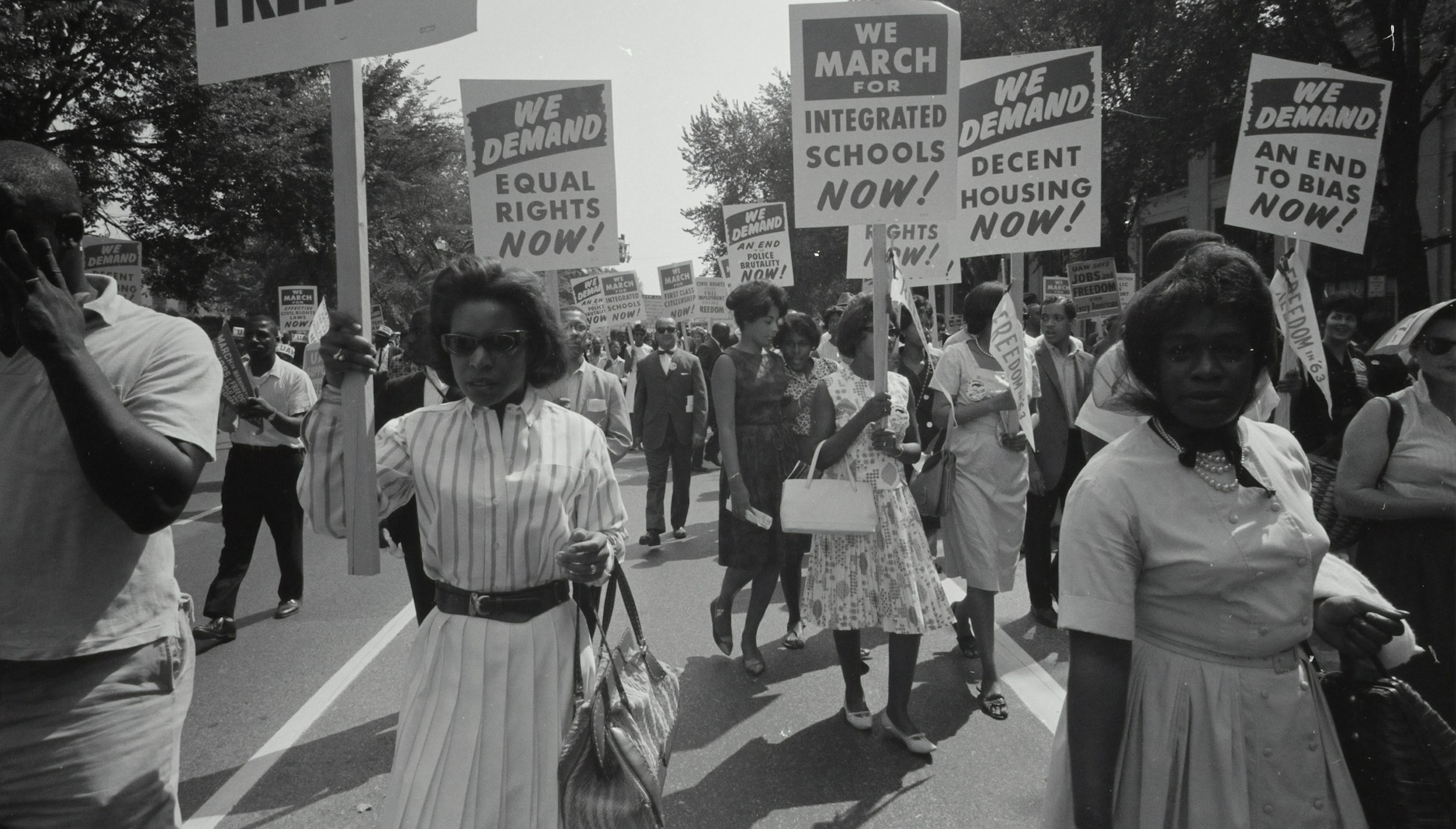
Summary of Services
- Showcases rich cultural heritage through curated exhibitions and educational presentations
- Highlights stories of African American leaders, artists, educators, and activists who shaped local and national history
- Explores topics such as the civil rights movement and African American cultural arts
- Hosts community-centered events that promote education, reflection, and inspiration
Preserving the Rich and Complex Legacy of African American History
Initially built in 1925 as the Excelsior School, an institution dedicated to educating African American students during the era of segregation, the Lincolnville Museum and Cultural Center now serves as a living repository of African American history, culture, and resilience.
Located in the historic Lincolnville neighborhood, this museum preserves the legacy of the original school. It expands on its mission by showcasing the rich history of African Americans in the region and beyond.
Serving as a Beacon of Education
Through thoughtfully curated exhibitions, educational presentations, and community-centered events, the museum highlights the stories of trailblazing African American leaders, artists, educators, and activists who broke barriers and shaped society. Visitors encounter exhibits that explore diverse topics, from the local civil rights movement to cultural arts, all of which emphasize the strength and contributions of African American communities.
The Lincolnville Museum stands as a beacon of education, where past achievements and challenges are celebrated, and future generations are inspired to honor and continue the legacy of excellence.